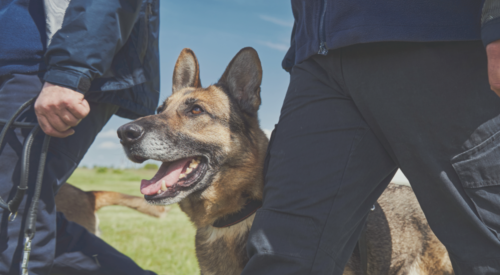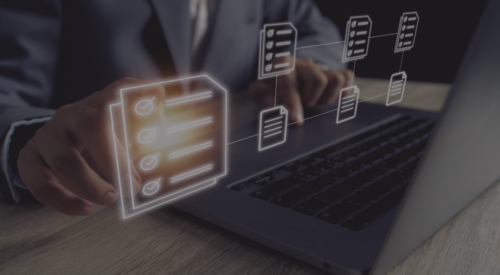Drones, once the stuff of science fiction and military strategy, have firmly integrated into everyday life. Officially known as Unmanned Aerial Vehicles (UAVs), they are now widely used by hobbyists, photographers, and businesses. However, as drones become more common, so too do concerns about their misuse—often making headlines due to security and safety threats.
For business travellers, drones introduce a new category of risk. Traditionally, travel disruptions stemmed from uncontrollable factors like severe weather or natural disasters—such as Iceland’s volcanic ash crisis. Now, drones, or more precisely, their operators, pose a very real, human-made hazard.
High-Profile Incidents: The Growing Impact of Drones
Drones have been used to devasting effect to circumvent physical security protections in Ukraine, Gaza and other sites of armed conflict. So far, we have not seen evidence of weaponised drones being used to attack travellers, but the technology and expertise is already available to terrorists and criminals.
One of the most notable drone-related travel disruptions occurred in 2018 at Gatwick Airport, UK forcing the airport to shut down for nearly two days with over1,000 flights cancelled or rerouted, causing an estimated £50 million loss. More recently, in early 2025, unauthorised drone activity similarly caused major disruption at airports in Riga and Sofia, leading to flight cancellations, diversions, and major security investigations.
But it’s not just airports that are vulnerable. Hotels have also been targeted.
In 2019, guests at a hotel in Myrtle Beach, South Carolina, reported a drone hovering outside their windows, allegedly spying on rooms. In 2025, a guest at a New York Midtown hotel lost control of their drone, crashing it into the hotel’s 47-story façade at 3 AM. The resulting debris scattered onto Sixth Avenue, requiring the police to close the road for safety reasons.
The Rising Threat of Corporate Espionage
Beyond privacy concerns, drones are increasingly being exploited for corporate espionage. In 2022, hackers used drones equipped with smartphones and Wi-Fi Pineapples to infiltrate a financial institution’s network in the U.S. Then, in 2025, three Bulgarian nationals were convicted in London of working with the Russian intelligence services, using drones to monitor hotel facilities and to clone keycards—further underscoring the growing complexity of drone-based security threats.
Strengthening Security: How Hotels and Businesses Are Responding
With drone-related incidents on the rise, some hotels and hospitality providers are stepping up their security efforts and investing in advanced counter-drone technologies, such as detection systems designed to track and neutralise unauthorised UAVs. Additionally, more hotels are conducting comprehensive drone security assessments to identify vulnerabilities and implement protective measures, helping to safeguard guest safety and privacy. But are hotel staffs being trained in preventing and countering drone threats and risks?
On a positive note, there is also significant opportunity for hotels to exploit drone technology to enhance their security operations especially in locations without hard perimeters.
Staying Ahead: Key Steps for Travellers and Risk Managers
To mitigate drone-related risks, both business travellers and travel risk managers should take proactive steps:
- Travel risk managers should integrate drone threats into risk assessments, ensuring travellers are made aware of the threats posed by drones, as part of a wider counter compromise culture amongst the business traveller community.
- Stay informed on local drone regulations and hotel security policies as part of pre-trip planning. Choosing accommodation that has documented counter-drone measures can add an extra layer of protection. Consider asking hotels to evidence security standards, including how they deal with drone threats.
- Travellers should remain vigilant in areas where drone activity is known or suspected. Report any suspicious drone sightings to hotel management or airport authorities immediately.
The Path Forward: Collaboration is Key
As drone technology continues to advance, collaboration among hospitality providers, business travellers, and security professionals will be crucial in staying ahead of potential threats. By implementing comprehensive security measures and remaining proactive, the travel industry can work to minimise the risks posed by unauthorised drones—ultimately helping to ensure a safer, more secure experience for business travellers worldwide.
Is a call to action that RFPs should ask about counter-UAV approaches by hotels?



